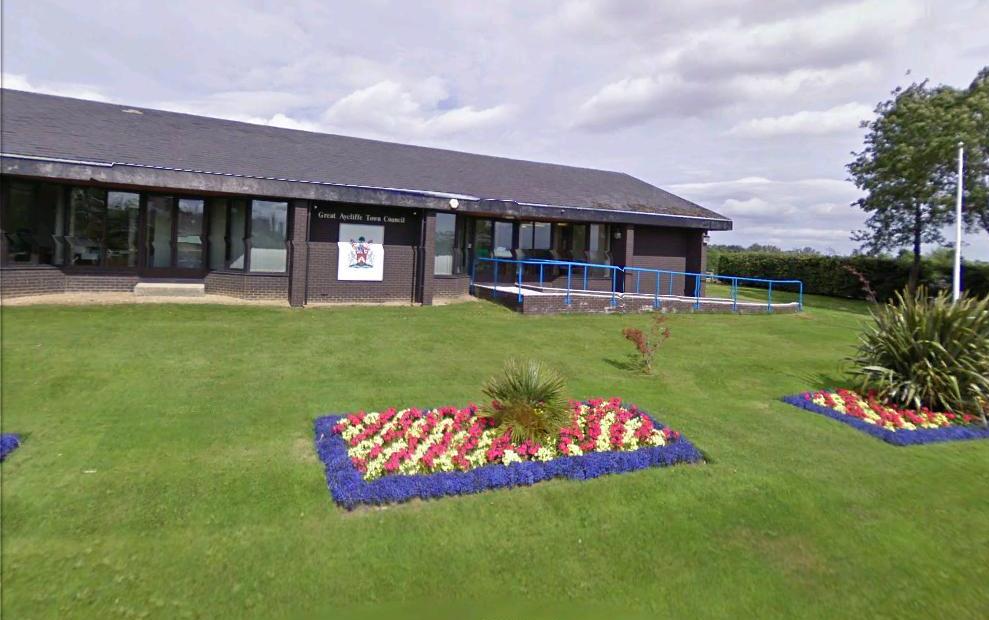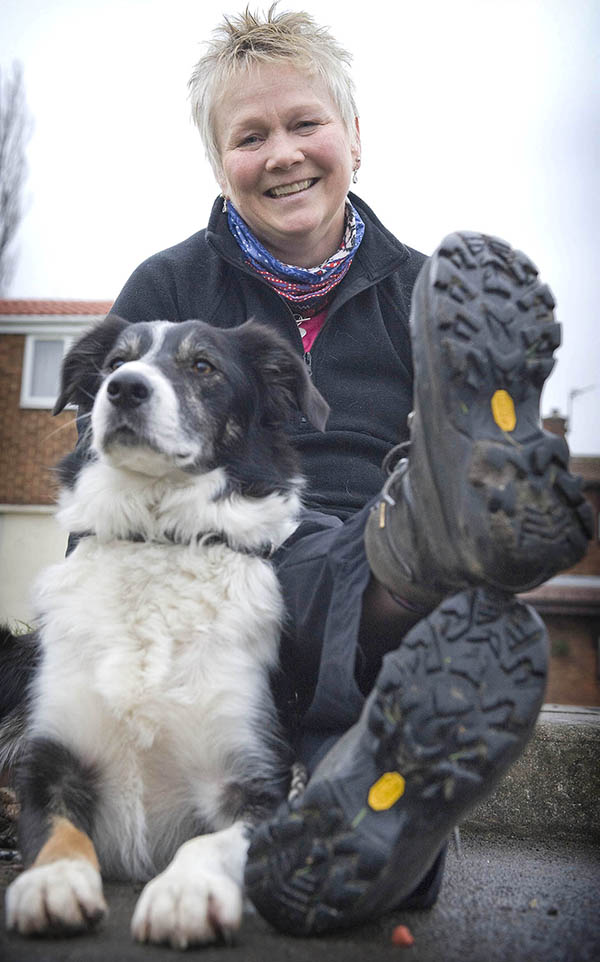Computer criminals that target people in County Durham are being snared using a wide range of measures, councillors have been told. As families increasingly become victims of cyber-crime the Safe Durham Partnership is employing a number of ways to stop fraudsters and thieves. Members of Durham County Council’s Safer and Stronger Communities Overview and Scrutiny Committee heard of those efforts to keep people safe from digital threats. Durham Constabulary’s assistant chief constable, Dave Orford, the chair of the Safe Durham Partnership, said: “Cyber-crime is a fastgrowing area of crime with more and more criminals exploiting the speed, convenience and anonymity of the internet to commit a diverse range of criminal activities which know no borders, either physical or virtual, cause serious harm and pose very real threats to victims. “In County Durham we are working in partnership across our communities and our businesses to raise awareness of the risks. And we will continue to share information with the public in a bid to ensure they do not become the next victims of online crime.”
The Safe Durham Partnership identified cyber-crime as an emerging threat and set up a multi-agency group to co-ordinate activities including raising awareness, education and how to tackle the problem. Durham Constabulary has also set up a “Digital Intelligence and Investigation Team” to look into digital crimes and work to stay up to date with the latest threats, viruses and scams. Councillor David Boyes, said: “We are supportive of the work of the Safe Durham Partnership in keeping those who may be vulnerable to becoming a victim of online crime safe. Cyber-crime is very much a 21st century challenge and we need to adapt to this changing world to deal with the criminals who look to take advantage.
“It’s important that we help to get the message out to our communities about the risks of becoming a victim of online crime. “Cyber-crime may be prevented by taking simple steps. These include creating a complex password, updating antivirus software and not clicking on unexpected emails from unknown sources. Through our 14 Area Action Partnerships we will continue to support the Safe Durham Partnership in getting these crime prevention messages out to our communities.” The Committee heard examples of the work that has been undertaken, including the work with Get Safe Online who offer advice and tips on issues such as online shopping, finance, social media, keeping children safe, running businesses and protecting digital devices. The committee also heard about the Stay Safe Online at Christmas project, which saw an online advent calendar of advice created to spread online safety messages. And they were told of the work taking place in schools, with class discussions on online hate speech and bullying on social media. Further events will take place in schools for Safer Internet Day on 7th February 2017.
Cllr Joy Allen, the council’s cabinet member for safer communities, said: “Partnership working is crucial in tackling cybercrime. It is important that our communities understand how to protect themselves against being a victim and I support the work of the Safe Durham Partnership in addressing this type of crime.” You should report cybercrime by ringing Durham Constabulary on 101 or through the website, visit www.durham.police.uk For more advice about how to stay safe online, including practical advice on how to protect yourself, your computers and mobile devices, and your business, against fraud, identity theft, viruses and many other problems, visit www.getsafeonline.org/durham










